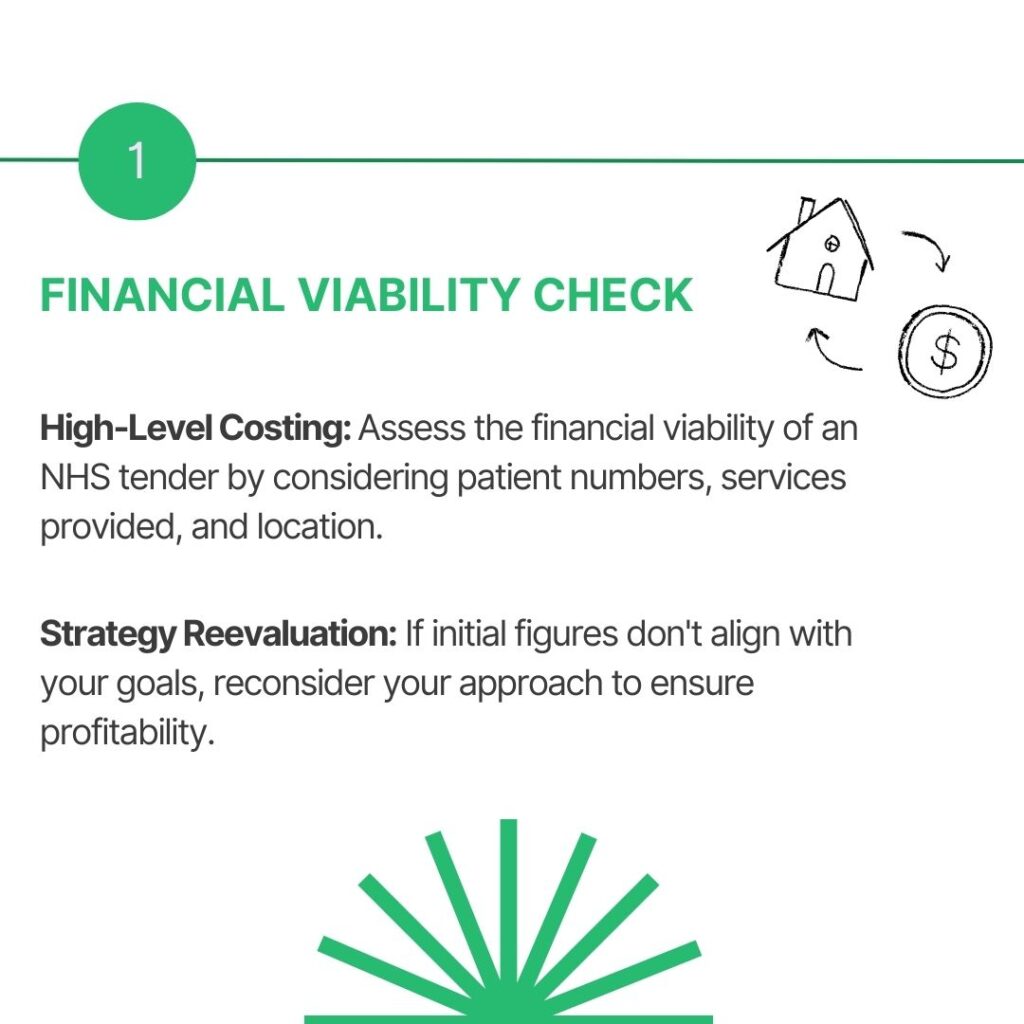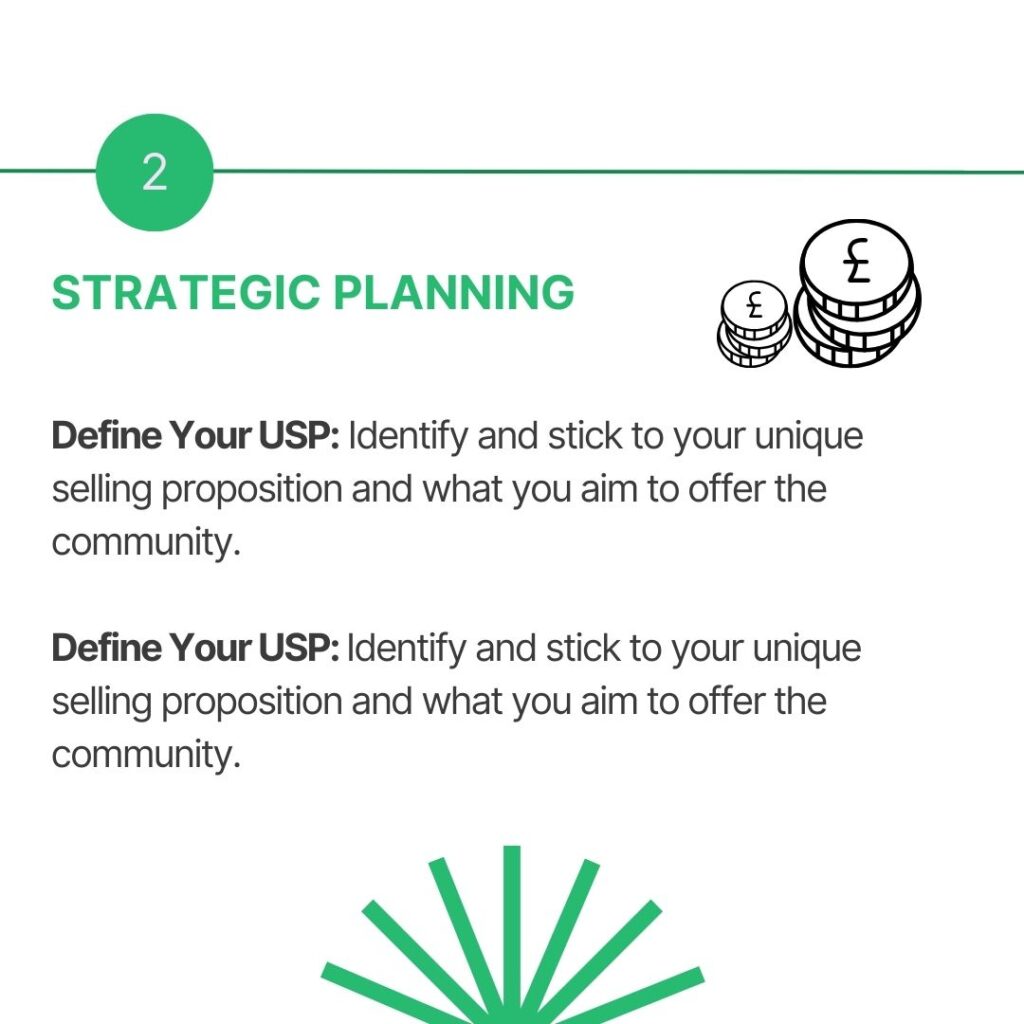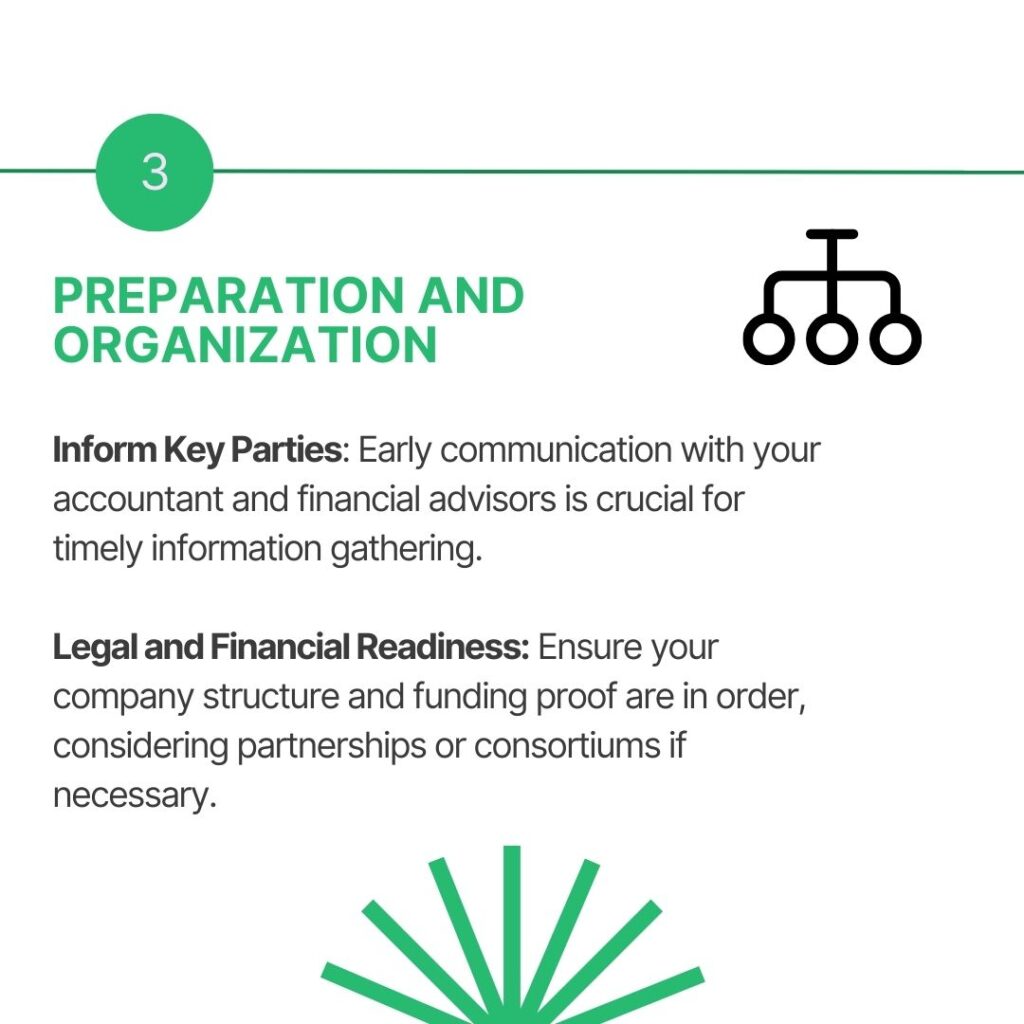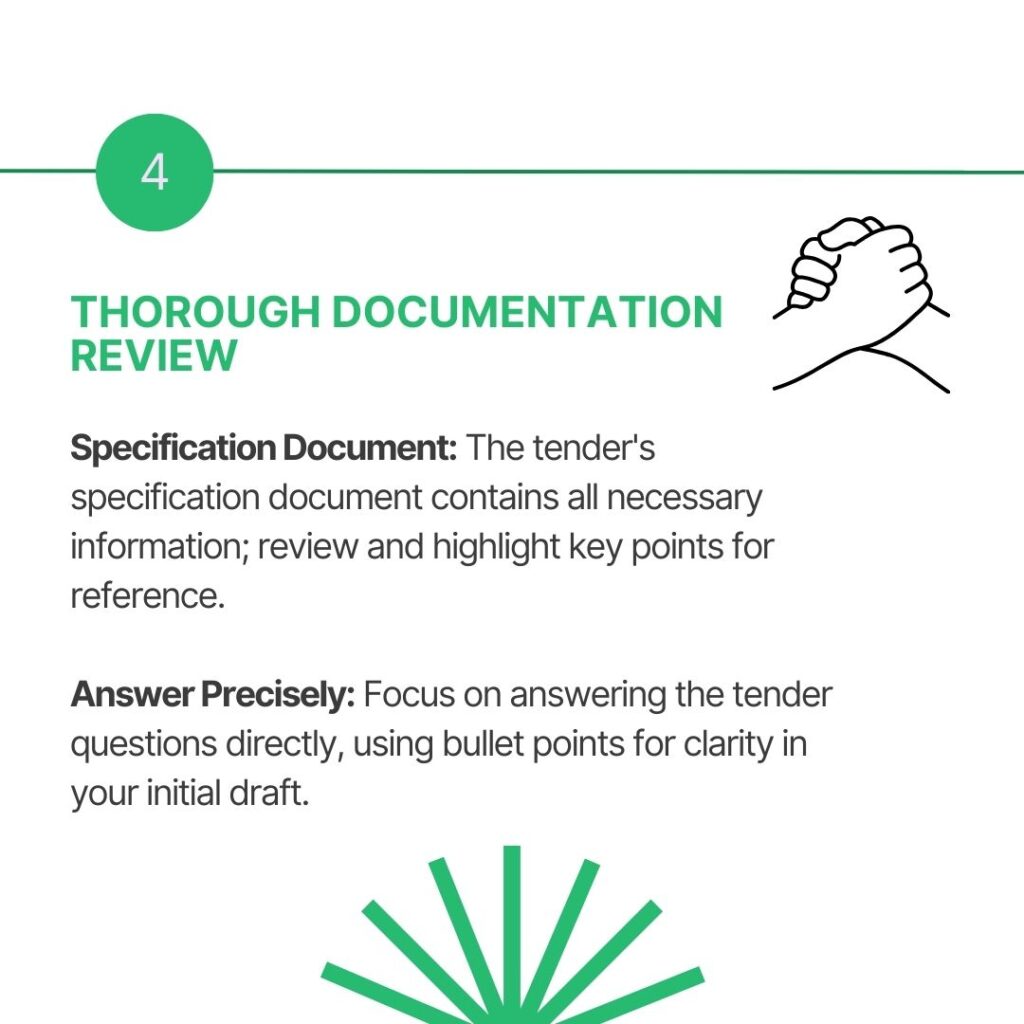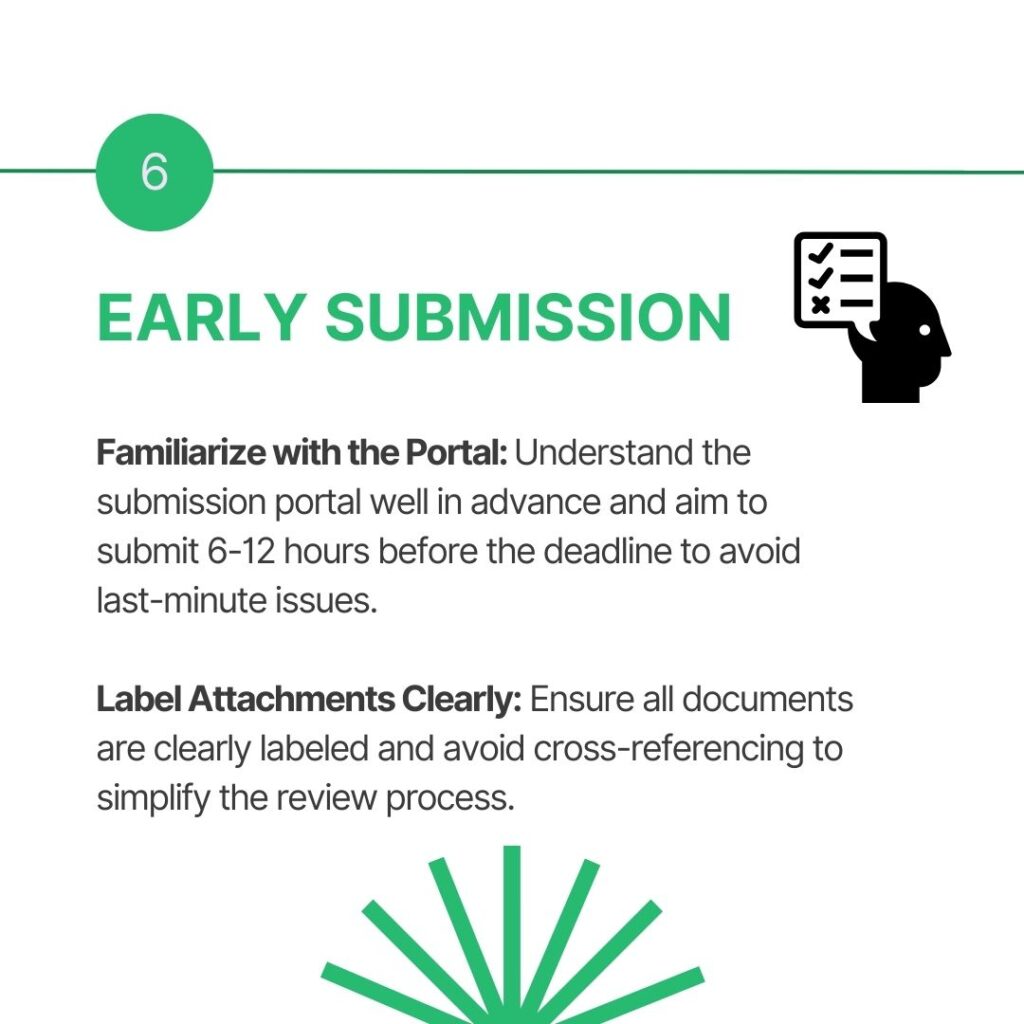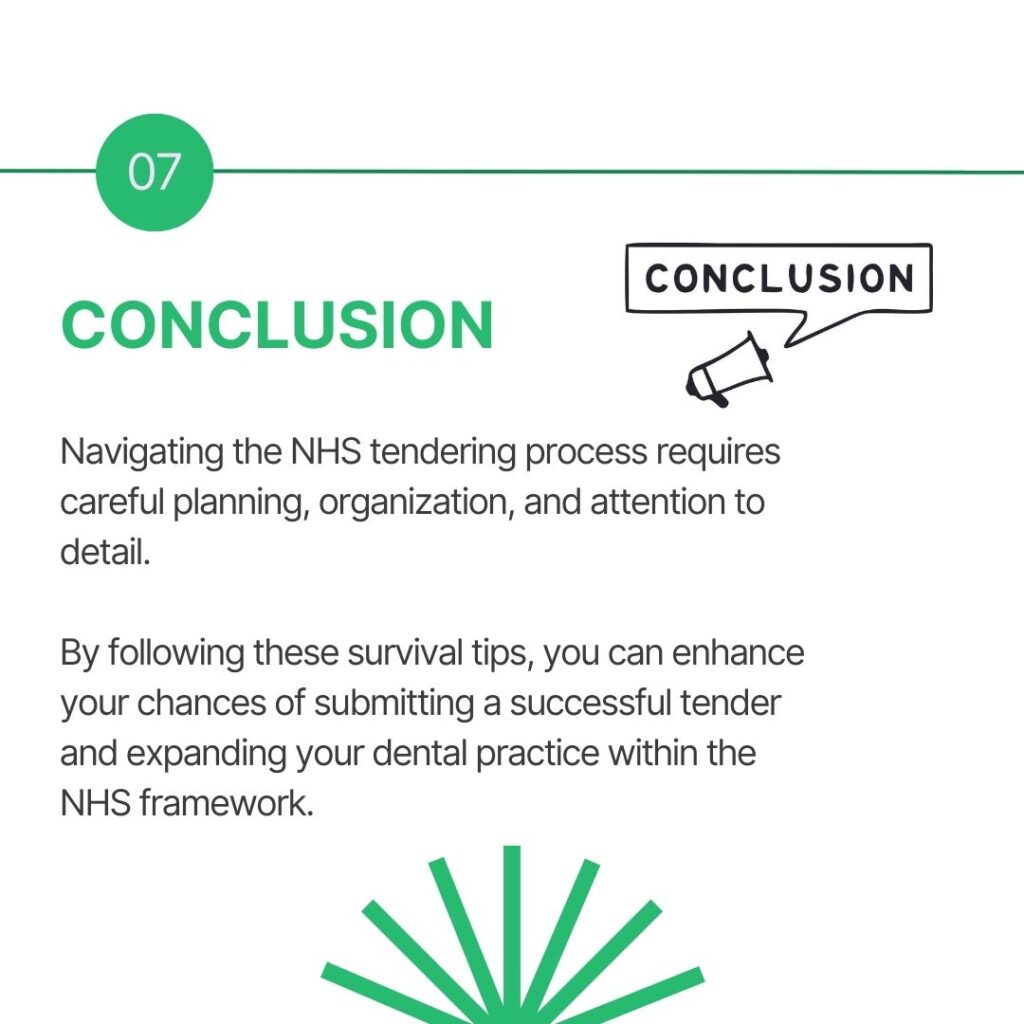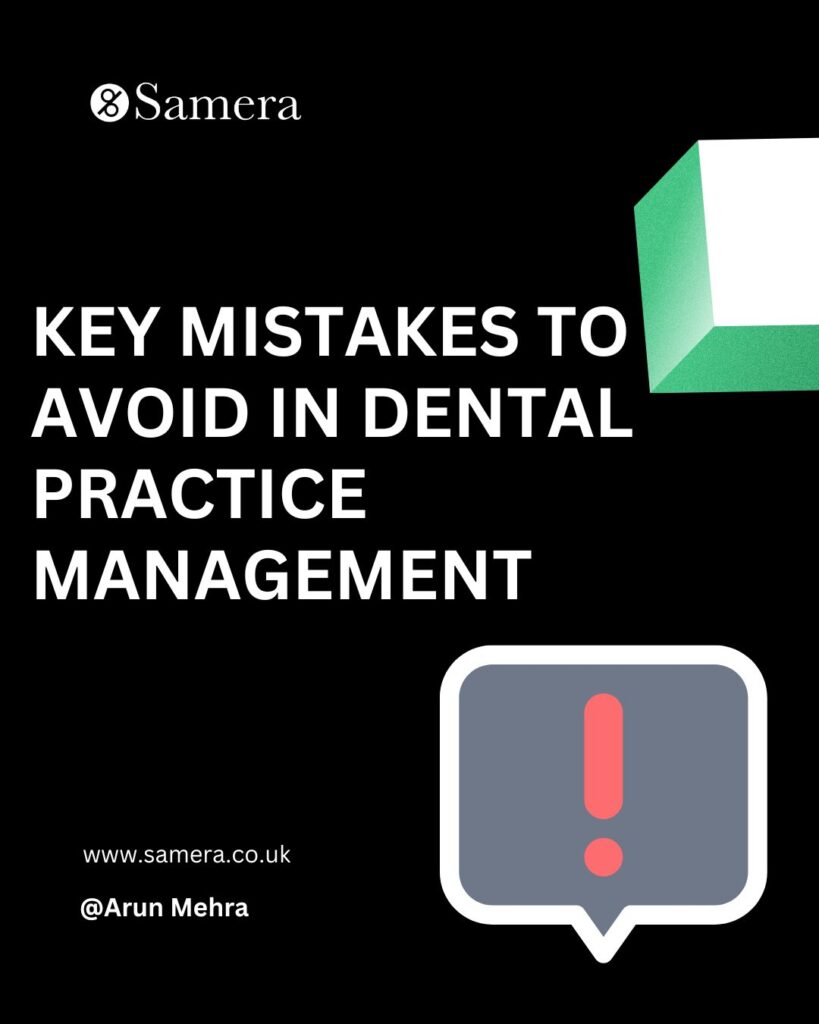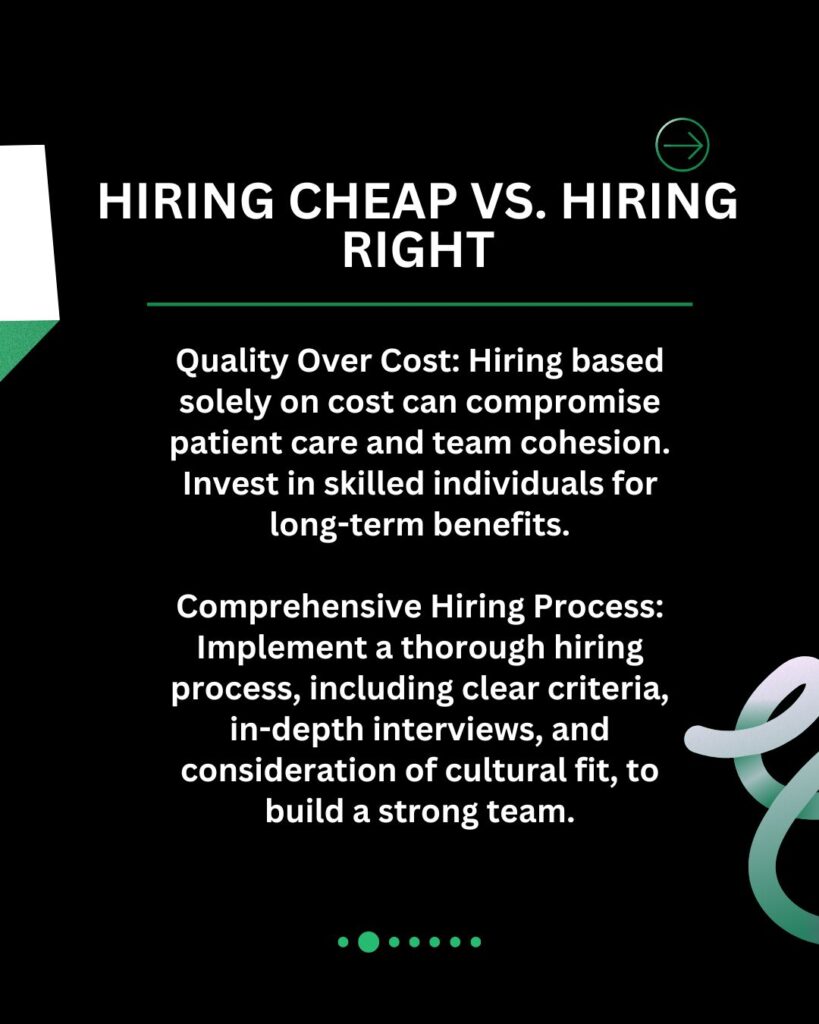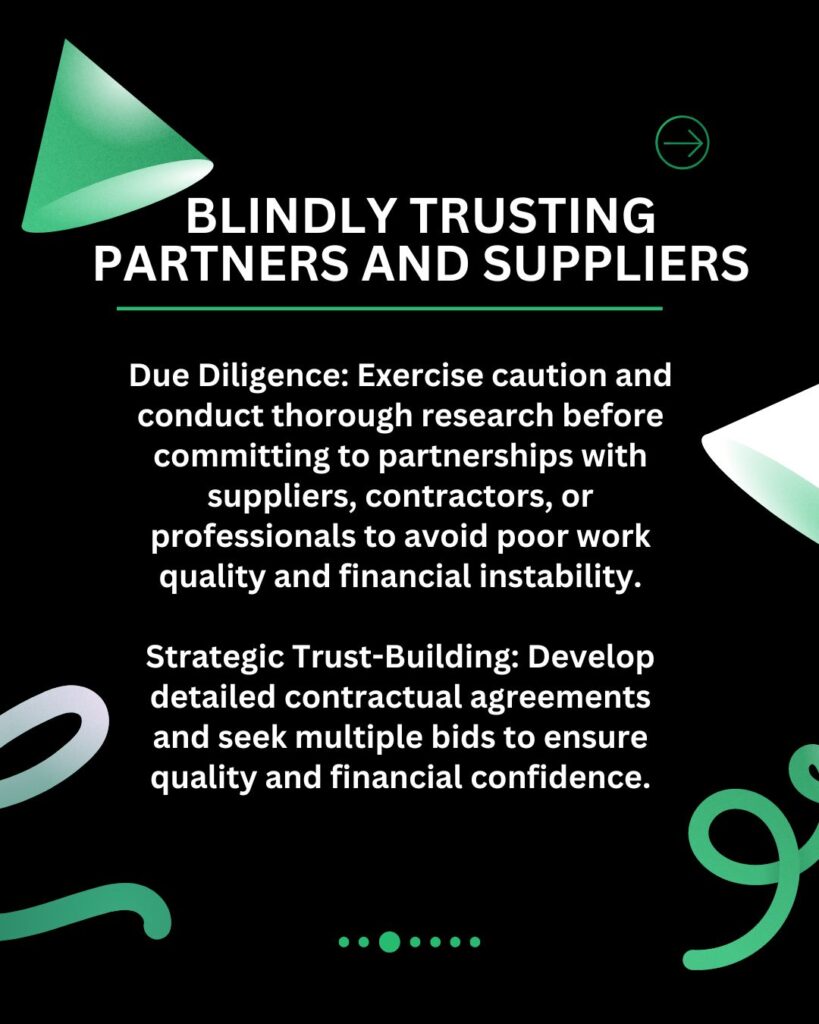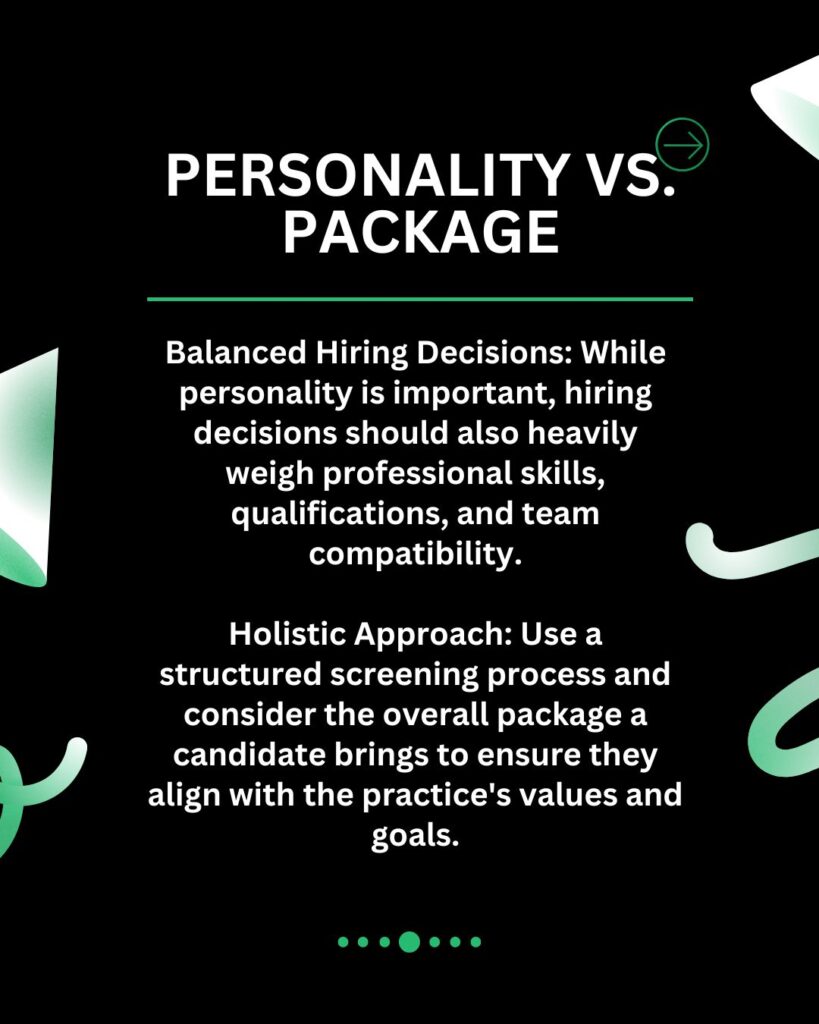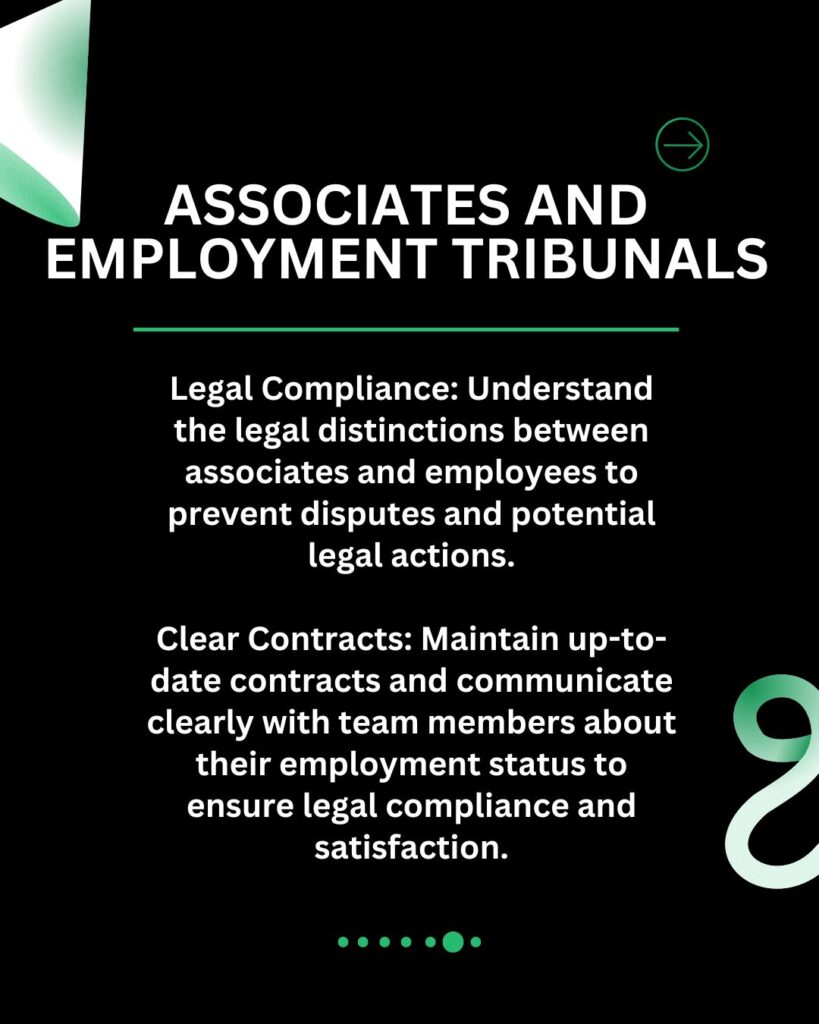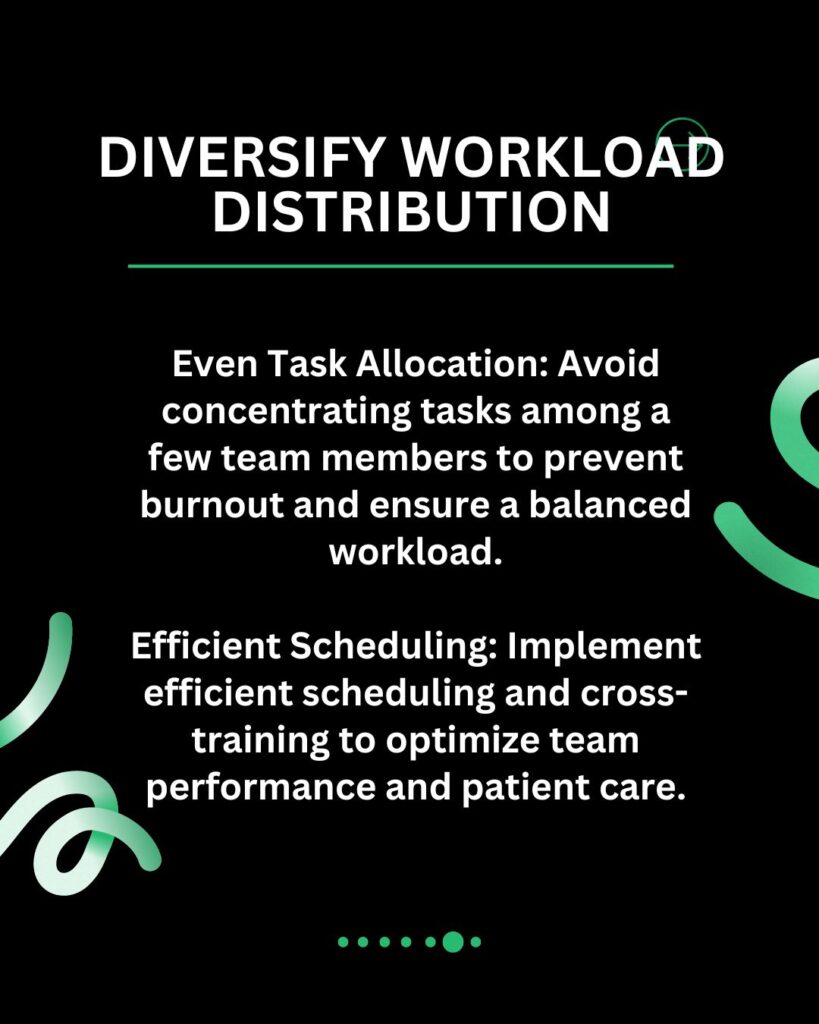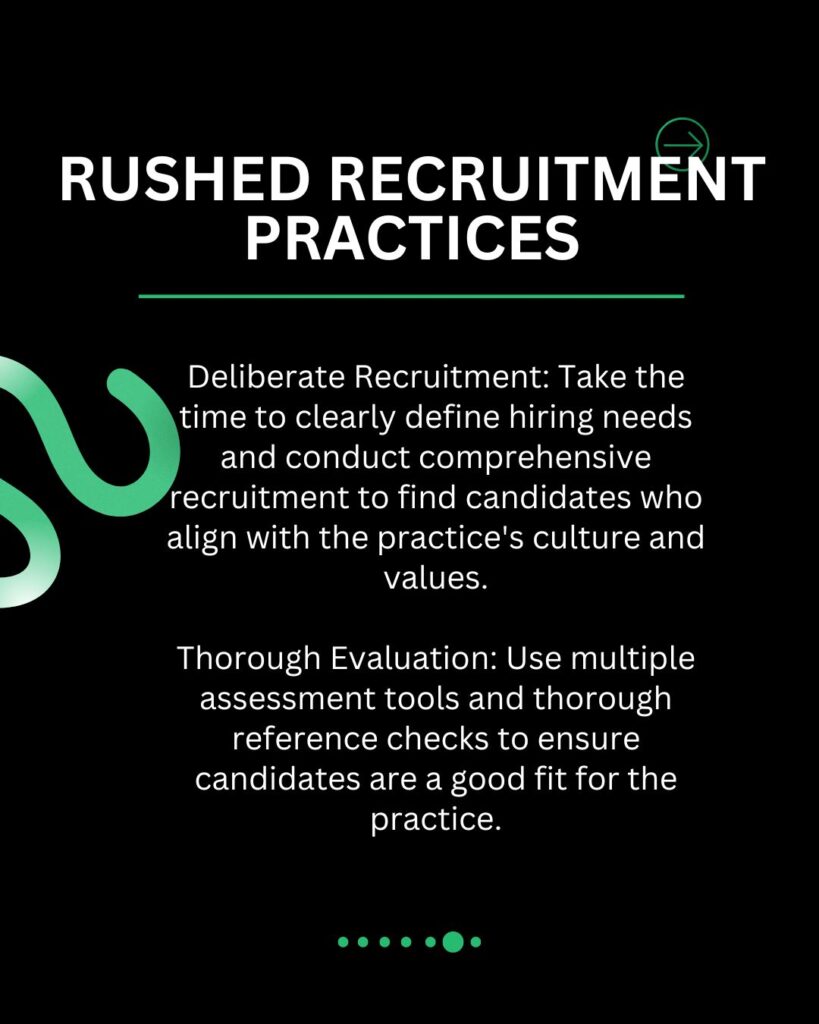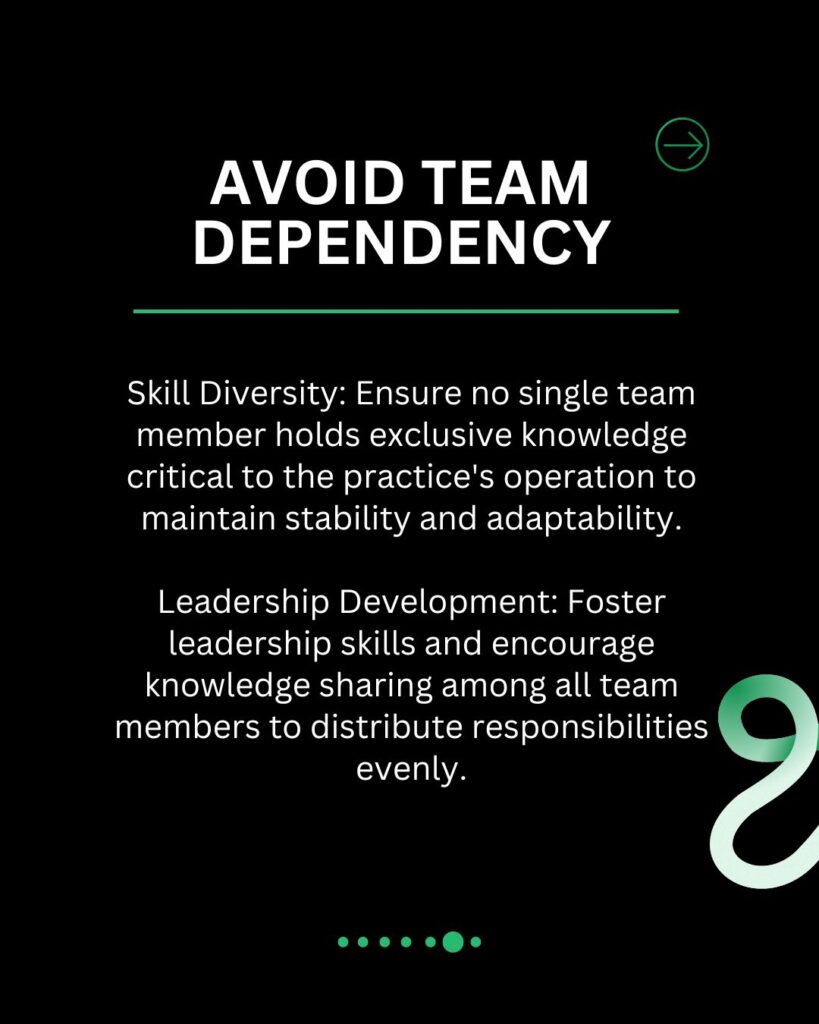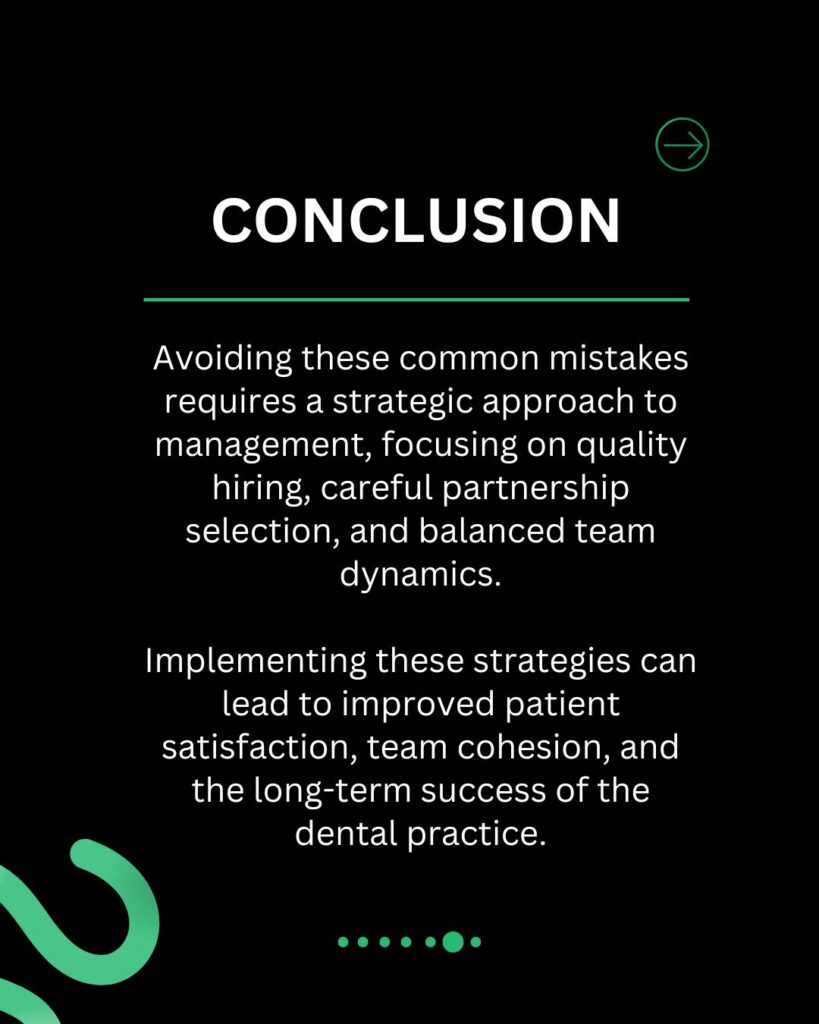Webinar – Are you a Leader in your Dental Practice?
Podcast: The Importance of Leadership Skills in Dentistry
Arun Mehra: Hello everybody, this is Arun from the Dental Business Guide podcast and today I’m delighted to say we’re joined by Simon Gambold. Hi Simon, how are you?
Simon Gambold: Morning, Arun. Very well, thank you, really pleased to be here.
Arun Mehra: Great to have you today. Now Simon’s got a wealth of experience in the dental world, I’m not sure how many years but I’m sure he’s gonna tell you in a minute. And he’s held very senior roles at Henry Schein here in Europe, in the UK. And now he’s very busy coaching and helping clients with their leadership strategy. So Simon, give us a bit of a background about yourself.
Simon Gambold: Thanks, Arun. Yeah, I spent 25 years plus in the dental industry. Now, my background was business and marketing. And early, quite early on in my career, I realised that building and leading teams is what I was passionate about. And then I almost stumbled upon the dental industry.
You know, 25 years ago, I also realised I love working with dental teams, that the passion of people who want to improve oral health and support their communities. So after a couple of decades with Henry Schein in leadership roles, I decided to stop flying around all the time, flying around Europe, and set up my own coaching business, engagetheteam.co.uk; which is really about adapting leadership skills to suit dental practice owners and dentists generally.
How to improve their leadership skills, how to engage their teams to produce outstanding patient experiences, and long term sustainable growth for their practices. And I have a number of clients, I’ve been coaching and doing some webinars and you know, I’m really enjoying it.
Why is Leadership So Important?
Arun Mehra: Fantastic. So now, obviously, we’re in changing times as they say, I wouldn’t say difficult times, but they’re definitely challenging and changing times. Why is leadership so important in these times?
Simon Gambold: Well, it’s a fantastic opportunity for leaders and leadership as a skill set. It’s something that we never seem to find time to do. But right now is a perfect time because our teams really need us. And teams look to their leaders for guidance, or reassurance, or clarity. And many of us have learned in our practices, providing consistent clear communication both to our team and our patients is critical.
If we don’t communicate with people, they’ll step into the vacuum and make up their own story. And people get very anxious. So a key role now for leaders is to be clear and consistent and reassure people. And you know, some of the teams I work with – very strong teams, very proactive, work together really well and came back from the first lockdown and there were all sorts of challenges around child care and mental health and people were unsure. And a lot of practice owners who thought their team would just fall back in together working well found that, actually, there were issues and challenges.
We’re seeing that in the lockdown now. So it’s more important than ever that we practice your leadership skills and the opportunity to improve the performance of the team. And as a result, the patient experience is there if we spend time on developing our leadership skills.
Contact us to find out more
Different Styles of Leadership
Arun Mehra: Sure. And I guess in this environment, as you said, leadership is paramount now. And we’ve seen various styles of leadership by various governments out there, some better than others. Okay, but it’s still that those same principles still apply to you, to an individual running a business. Am I right in saying that?
Simon Gambold: That’s right, yes. And that’s a very good way to look at leadership and the results of leadership, different leadership styles from different leaders around the world. Some are empathetic and sympathetic. Others are very much, you know, brusque, and ‘there’s no problem’, sort of ‘sort out for yourself’ kind of thing.
So we can take those parallels when we look at our teams. And you know, being a leader is about influencing people in a direction. It’s the art and science of influencing people in a particular direction. But as leaders, what we’re trying to do is help our teams be more successful. And the opportunity for us is to support them, understand their concerns, look for their ideas, help them with the resources they need, and give them permission. And that’s about engaging with our teams. So it’s all about talking to our teams, engaging with them, and helping them be successful.
Arun Mehra: And there’s the phrase leaders are born or they can be taught, I guess. So what’s your view on this type of situation or this topic?
You’re Not Born a Leader
Simon Gambold: That’s one of the first questions I usually get, you’re either born leader or you’re not. And of course, I say no, that’s not the case. And I’m an example, I think, of someone who by just practising techniques and sheer hard work, you know, you can master most things and leadership can be mastered.
But you need a lot of practice. And I liken it to when you’ve come back from a clinical course in placing a new direct composite, and you’ve done the technique, and you’re going to practice on a first patient, and you prepare the cavity and you etch it, and you bond it, and you place the composite in, you layer it and you do a very, very precise process, and you do it exactly the same way.
And the second patient, you do it the same and the third patient. You don’t come in on the second week and go, ‘actually, I wouldn’t bother with the etching, I’ll just put the bond and the composite in’. You don’t come in a third and go ‘actually, I’ll just place the composite’. You don’t do that, because the failure rates will go up on the restoration.
And leadership is like that, we have to have consistent behaviours, and repeat them and repeat them and repeat them. And what we do and what we say is really important. And the more we do it, the more successful we’ll be as leaders. So I think creating leadership behaviours that are consistent, is really, really important. And it’s just like practising a new clinical skill, very similar.
Arun Mehra: But if I just look at myself, okay. I’ve been in business almost 20 years, and I look at my leadership skills, what they were when I started out to what they are now. Now, I’m sure people will judge me differently. But if you talk to my team, but just looking at myself, I think I’ve, I suppose, I’ve practiced it, practiced it by just doing it, as you said, and you get better and better. And I think, in my mind, the best leaders are the best listeners. What would you say to that?
Listening is the Key Skill
Simon Gambold: Yes, totally agree. Listening is really important. But practice alone doesn’t work. You have to practice, reflect on what happens and adapt. So how did that interaction go? What went well? What didn’t go so well? What could I do differently next time? So by reflecting and learning, you improve your performance. And yes, listening is the key skill. So, you know, asking open-ended questions and listening to people’s answers. That’s the key thing.
Arun Mehra: True, very true. So okay, I’m a dentist, I’ve got a dental practice. I’m busy in the clinic every day. How are they going to practice this? What is one thing they could do to improve their leadership skills?
Find Time for Your Team
Simon Gambold: The key thing for me, I think, and the step, the first step for anybody is to have open, honest one-to-one conversations with their team to sit down with its members, and just talk to them and listen to what they say, really listen.
And that’s how you find out what’s going on in the practice. You find out what people’s ambitions are, what their ideas are, what the obstacles are. And in many cases, you give them permission to do the things that they know need to be done. The big challenge when starting down this road is that dentists, like a lot of professionals, are the production engines of their business. Five days a week dentists are practising clinical dentistry. So when do they become leaders?
The problem with going on a leadership course is most of them are designed for large organisations with full time leaders. So when I was running Henry Schein UK, I mean, I had 650 people in 13 locations, but that’s all I had to do. Okay, now, when I spoke a dentist last week, who wants to retain me and he said, ‘well, nine to five, five days a week, I’m doing clinical dentistry’. Now running the practice, I fit in around that. And that’s a very tough place to start. So you need a leadership programme that’s designed for that kind of situation.
So the programme I put together is around if you have two or three hours a week, half a day a week, you can put a leadership programme together based on that time. Now you should be spending 20% of your time, if you’re a principal, running the practice. If you’re not, you’re not going to be effective.
But for many dentists, it’s very challenging for them to put that much time aside. So, there are a number of steps you can take around digitising the processes in the practice. Outsourcing some like finance, for example, you should outsource the finance. Some sometimes it’s appropriate to outsource marketing. And then thirdly, delegating a lot of what the principals do, they shouldn’t be doing. And similarly when they’re billing clinical time, are they billing the top end cases or billing time that isn’t productive for them.
Contact us to find out more
So by adapting what they do, they can make those two or three hours a week, and then use that time to start practising those skills. And it all starts with having those conversations with their team.
Arun Mehra: Sure. So a key learning point here is that if people haven’t, is to sit down and arrange those conversations, whether it’s virtually or in person, with their teams or individuals in their teams. And do that on a relatively regular basis. Correct?
Schedule Regular Meetings
Simon Gambold: Yes. And people are very nervous because they’re nervous about what they’re going to hear. But what I would say is, it’s worse not to hear it. Because you know, there’s an elephant in the room and just pretending it’s not there is not going to help you long term.
So you’re better off having the conversation, finding out what the issue is. You don’t have to answer that issue, then. And then it’s very important to listen, make notes and say, you’ll come back to somebody. And it’s important to go away and reflect on what you’ve heard, talk to colleagues, find a mentor, another practice owner, maybe who’s more experienced, talk through what you should do, and then go back to the person.
You don’t have to solve the problems there and then. And a lot of people are nervous about having those conversations for that reason.
Arun Mehra: It’s interesting just earlier this week, I had a conversation with a team member, a really good team member of mine, and we’re going down a certain route, okay. And perhaps I was blinded by my strategy. And he said to me, I think we’re doing the wrong thing here. We’re doing it completely wrong.
And he said, ‘I hope you don’t mind me saying that’. I said, ‘No, absolutely not. I do want you to say this. How am I supposed to know otherwise? Okay. That’s why you’re in the team’.
So I listened to him, heard him out, talked to him, talked about the issue to another team member. And now we’ve kind of changed tack as a result of that. And that goes back to the listening skills, that goes back to making people feel that they can be listened to as well, I think that’s a really important thing.
Your Door Needs to be Open
I remember when I used to work in the corporate world, in the city in investment banking – the door is always closed, the boss was sitting in his room, the door was closed, it was never an open-door policy.
But I’d like to think the way I try and get people to engage in my team is that the door is always open or virtually open, that they can pick up the phone, email me and tell me if they don’t like something, or they’re unhappy with something, or they think we’re doing something incorrectly. That’s a very valid point. Okay. So you think that Dentists have to find that time to really make the most of building a team and building a business? Correct?
Involve the Team in Creating Strategy
Simon Gambold: Yes, there is an opportunity to be more productive, to deliver a better patient experience, a more fulfilling work environment, and sustainable, long-term growth in the business. Now that you don’t have to do that. I mean, many practices have operated very successfully, without doing that.
What we’ve seen with COVID is a step change in the profitability of practices. And many practices move from being in the black to being break-even or in the red. And, you know, there’s an extra requirement now, for principals to be aware of that, and to tap into this potential of their teams.
What you said just now is really interesting. It’s very typical for us to formulate a strategy, then go and excitedly present it to our team. And of course, the team are like, ‘Oh, hang on a minute’. And what I coach people to do is to involve the team in creating the strategy, get their ideas in, because they’re buying into the solution, and not everybody will agree with everything, clearly.
But by involving them in that process, when the strategy is rolled out, they own it, they’ll take responsibility for delivering it. But yes, you’re right, you need to have that open mind. And that open door policy can only work if you’re trusted as a leader. And the best way to be trusted is, in my experience, to be open and honest with people. I like to craft, I like to create stories, I mean, that I didn’t make them up. These are real stories about my experience where I’ve got something wrong. I’ll tell people about that. And it creates trust.
So when my doors open, and people come in, they really feel they can talk to me. But it’s all about how you react, if you’re really really busy. And you’re waiting, you’re thinking about the next patient and the treatment plan and an issue in the practice. And somebody walks into see you and they see all that stress on your face, they’re gonna go, ‘I won’t do that again’.
Be Careful of the Language You Use
One of the techniques I taught myself, because I saw that in people’s faces sometimes when I was interrupted because I had an open door policy at Schein. People would come in, and I could see on their face they read my impatience. Before I looked up from my desk, I would compose my face, relax, smile and look up at them and say, ‘well, how can I help you?’ to try and convey that I was focused on them and I wanted to hear it.
Those techniques, if you practice them, they become you. Okay, for example, when someone says ‘how are you?’ I started to say, ‘I’m very well’ unless I was not feeling well, in which case I wouldn’t say that but if I felt okay, I’d say ‘I’m very well’. And after, after a while you do start to feel really well and you it lifts your spirit and it lifts other people.
Leadership for Associates
Arun Mehra: Well, the language you use is so important, isn’t it? Language is everything. It conveys a story of who you are to others, but also to yourself. So the more you have that positive message going out there, the more positive you will feel for sure. So I totally agree, totally agree with you. So obviously, we’re talking about people who might be owning practices. What about the people who might be associates or team members? Why is this all relevant? Why is this relevant to these guys?
Simon Gambold: Well, that’s a good question. Originally I designed my programme for practice owners. But as I spoke to dentists, I realised that some dentists told me (actually one of the first groups I spoke to said to me), you know, you shouldn’t just limit this to practice owners. And I thought about that and realised, of course, that all dentists are leaders in the surgery, whether the team will report to them or not, they are leaders.
And, in fact, the team look to the dentist. So in a practice, when something happens, or there’s a problem, the team will look to the dentist, what do I do? And what do they say? What do I do or not they’re looking to the dentist, so all Dentists have an opportunity to play that role more effectively.
And of course, many dentists do want to go on to practice ownership anyway. So sure, it’s worth it. But it’s a good skill to have in life and, and dental care professionals as well can be leaders. A dental nurse can take a leadership role in a particular aspect of the practice. But I didn’t want to spread myself too widely. So I wanted to focus on dentists. There’s another coach I work with, and she trains practice managers.
Contact us to find out more
How to Develop Leadership Skills
Arun Mehra: Okay, fantastic. So now, where would someone who wants to develop their leadership skills, where do they start?
Simon Gambold: So I think looking for a coach or mentor, someone who can guide you. And I said earlier, you know, the classic leadership courses are not really suited to what practice owners are looking for. There are people like me out there providing bespoke programmes, and mine is, I think, unique in that it focuses on team engagement.
But finding a mentor, someone you respect, who maybe has run a Dental Group you’re part of can provide you with some ideas. The key thing is to start those conversations with your team, and to take the step out of your comfort zone. Have those conversations, try new ideas, try things out and you will, you will make mistakes and things will go wrong. But that’s how we learn.
People are very forgiving and they also are looking for leadership. That’s the other thing – people want to be led. People want to work in an environment where they understand what their contribution is, they trust their leader, and they are open to being told what to do. And if they feel they can trust you. And, you know, you may make a mistake, but your next interaction is what matters. And, by the way, whilst words are important, it’s what we do. That’s the most important thing. We have to walk the talk.
Actions Speak Louder Than Words
Arun Mehra: Yeah, actions, as they say, speak louder than words, don’t they? So you can talk it, but you have to actually follow through with it. How true, how very true. So okay, on that note then, the values of an organisation are really important here, I guess, in terms of getting the message out to your team.
How would someone go about creating those values or communicating those values of an organisation to their team? Was it something they would do together?
Culture Flows From Your Values
Simon Gambold: Well, you’re right, values are important. And the whole culture and organisation flows from the values, which flow from the leadership. It’s how we behave, how we interact with each other, and with our customers. I like to work. I like to get teams together to agree with the values. And you can decide on what your personal values are, and just tell other people. But if you bring a team together, it’s a great team building exercise.
Get the team to work on how they want to treat each other? How do they want to be treated? And then how do they want to treat patients? People come up with a similar list of they want to be happy, professional, they want to have fun, they want to be honest and open. So the same things come up.
But it’s about the process of getting people to agree to a set of words that they will live by. And these can then be used when you’re talking to your patients about what the practice will do. And they should be used in recruitment, it’s really important that as you recruit, you recruit people with a similar value set, so they fit in well with the team. So it’s an important part of that team engagement process, setting the values.
People Want to be Led
Arun Mehra: Yeah, very true. Okay. And I think as you said earlier people want to be led. I look at people around me. Humans by virtue I think want to be led by somebody and shown the way. Not everyone is a leader or perhaps not everyone wants to be a leader as well. And there are people who are followers and they will follow those leaders, which is a really relevant point in business today in the world today.
So in summary, Simon, in terms of how do people go about finding out about your training and your coaching and your courses? How do they do that?
Simon Gambold: Well, first of all, I’ve got a website, engagetheteam.co.uk. And I do webinars for various dental groups, BDA, Alpha Omega, and various other smaller groups.
So I’m out there, okay. And I think there are other people doing this. And it’s important to reach out to people that you feel you can work with, whose values coincide with yours. And finding a mentor who’s running a successful practice, is doing it the way you want, is really key. Someone to help you reflect on what you’re doing and bounce ideas off.
And we’ve got to make the time to do this. One of the key things, one of the key habits I like to do is to have a time each week when I reflect on the previous week, and think about that Monday morning or Friday night, how did the week go? What could I do differently, what I’m going to do next week, and that’s a 15 – 30 minute slot.
But put it in your diary, blank that time out. So no one can put an appointment in there. And make sure you do it and don’t skip it. And those kinds of disciplines will really advance your skills.
Arun Mehra: Fantastic, that’s really, really helpful, Simon. So the leadership, as Simon’s mentioned, as I totally believe is absolutely paramount to success in business, not just financial success, but just to your team, your happiness, the people around you.
I think it affects you in so many ways. And you can bring these skills that Simon’s mentioned very briefly, into not just your business, but your life. And I think that’ll be the overarching benefit in any way. So if you want to know more, I think you can get hold of Simon at engagetheteam.co.uk.
And if you have any further questions, I’m sure he’d be delighted to to help you. So thank you, Simon today for your contribution to this podcast. And I look forward to you coming again soon on hearing and perhaps talking about maybe about communication or something like that.
Simon Gambold: I really appreciate the the invitation and the time, Arun. Yeah, there’s so much to talk about on this programme.
Arun Mehra: Yeah. Happy to come back whenever you want me to so brilliant. Thank you. Thanks, Simon. Cheers.
About the Author
With almost twenty years of commercial experience and knowledge in Dentistry, Arun’s expertise is valued by hundreds of businesses across the UK. His financial acumen and know-how, along with his hands-on commercial expertise have helped clients, large and small, new and established to achieve great things.
Arun is the founder of the Samera Group, starting the business with just one client sitting at his father’s dining table. Fifteen years on, Team Samera now service hundreds of Dental clients, run exciting events, help clients raise finance, and are very active in helping clients buy or sell Dental practices.
Grow Your Dental Practice with Samera
Join the Samera Alliance buying group today for free to save money on your consumables and assets, increase your profits and grow your dental practice.
You’ll get access to exclusive discounts on the consumables, products and equipment you need to build and grow your dental practice. You’ll also get exclusive discounts from our Alliance Partners, covering everything from HR, IT and legal services to utilities, compliance and dental technology.
Join for free. Save money. Grow your dental practice.
More on Growing a Dental Practice
For more information on growing a dental practice, check out the articles and webinars in our Learning Centre, like our guide on How to Grow a Dental Practice.
Make sure you never miss any of our articles, webinars, videos or events by following us on Facebook, LinkedIn, YouTube and Instagram.

